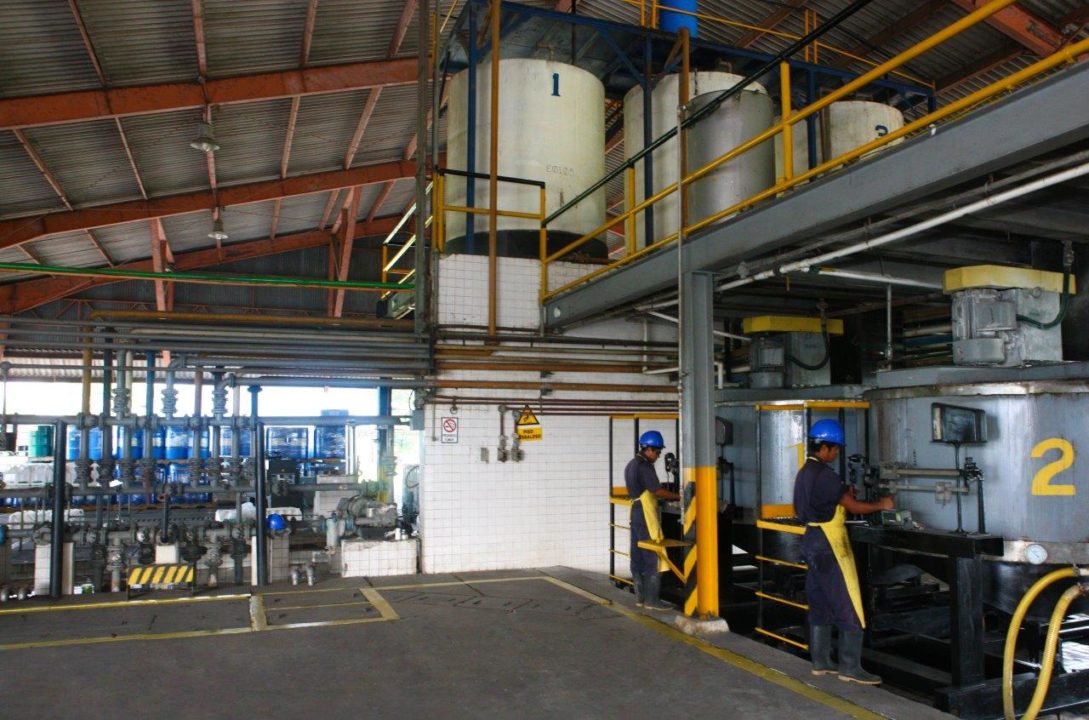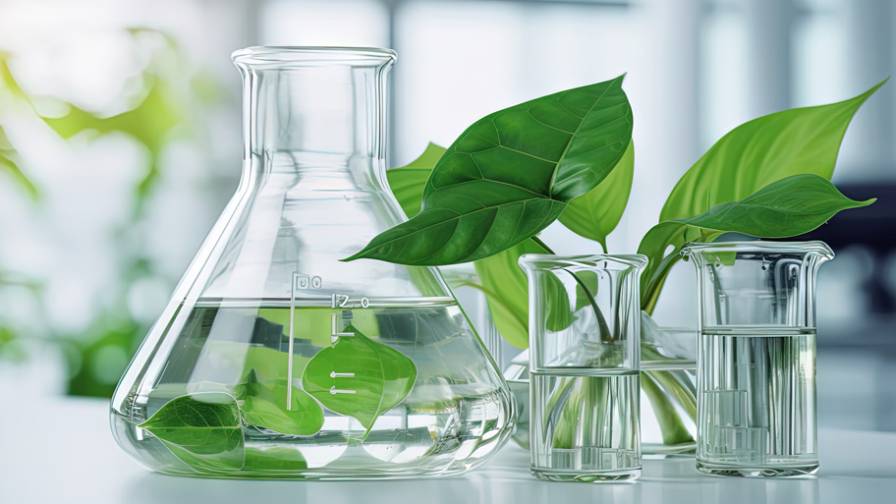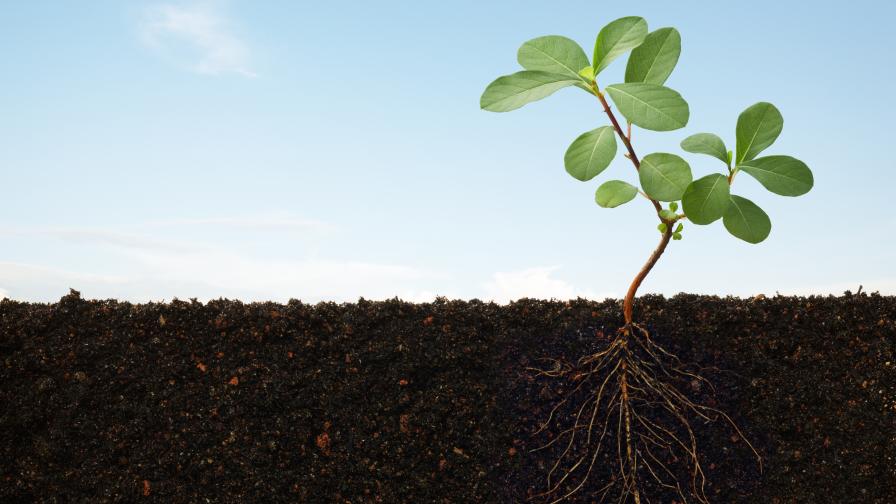Raízen, Novozymes Strengthen Partnership for Enhancing Production of Second Generation Ethanol
Raízen and Novozymes, leaders in the biofuel and biotechnology industries, respectively, are joining forces to develop a new generation of technologies to produce second-generation ethanol more efficiently. Their goal is to reduce the production cost, increase capacity and reduce the carbon intensity of second-generation sugars and biofuels to enable companies and nations to meet the international targets for decarbonization.
Since the 2014-2015 crop year, Raízen has been operating a second-generation sugarcane ethanol (2GE) plant at the Costa Pinto Bioenergy Park, in Piracicaba (state of São Paulo, Brazil). As it continues to increase participation in this segment, the company is currently building a second 2GE plant and has already announced the construction of two more units in the state of São Paulo. All four plants are expected to be operational between 2023 and 2024, with a total production capacity of approximately 280 million m³ per year, of which 80% has already been sold under long-term contracts.
Novozymes is a Denmark-based biotechnology company and the global leader in biological solutions, producing a wide range of enzymes, microorganisms and other proteins allowing customers to achieve more efficient use of raw materials, reduce energy consumption, replace traditional chemicals with more sustainable alternatives, and offer higher-quality products. Novozymes’ technologies enable e.g. higher agricultural yields, low-temperature washing, energy-efficient production, cap-ex reduction and lower carbon intensity renewable fuels.
“The partnership with Novozymes will enable the co-development of new generations of yeast as well as more efficient enzymatic cocktails, fermentation, and hydrolysis processes. All of this will facilitate the production process of 2GE, which holds great promise for the global energy transition, with an impact on vehicles, maritime, renewable chemicals, and aviation sectors,” explained Mateus Lopes, Director of Energy Transition & Investments at Raízen.
Through this strategic agreement, the two companies will seek to reduce their own carbon footprint and decrease the use of energy, water, and raw materials in the production of E2G. The partnership between the two companies started in 2013 when Novozymes started to exclusively supply enzymes and yeast biotechnology for Raízen´s first commercial cellulosic ethanol plant.
“We are looking forward to the construction of the new plants and continuing our collaboration with Raízen. Working together for almost a decade, we have continually improved the process using biotechnology and operational excellence synergistically. The agreement builds on our years of working together and creates a framework where we can focus together on bringing the next generation of technology improvements to market,” says Michael Burns, Head of Biomass Americas for Novozymes.
New 2GE Plants
Raízen recently announced an investment of approximately R$2 billion (US$415M) for the construction of two new 2GE plants in the state of São Paulo, connected to the Univalem (Valparaíso) and Barra (Barra Bonita) Bioenergy Parks. Each unit will be able to produce 82,000 m³ of 2GE per year, increasing the company’s annual biofuel production capacity by approximately 164 million liters.
Raízen uses a proprietary technology to produce 2GE from sugarcane bagasse, a biomass that results from sugarcane processing in the production of first-generation ethanol (1GE) and sugar. It is an advanced biofuel that has the potential to increase Raízen’s ethanol production capacity by approximately 50%, without needing to use additional land and while also producing more liters per tonne of cane.
In addition, the resulting molecule produces significantly less CO2 emissions when compared to regular ethanol. This makes 2GE a contributing product to the energy transition and a versatile and multi-purposeful. In addition to automotive mobility, it is a sustainable solution for industrial products (for example, as raw material to produce green plastic) and as a feedstock for cleaner aviation and maritime fuels, contributing to the fight against climate change and effectively helping to reduce greenhouse gas emissions by up to 93% in comparison to gasoline.






